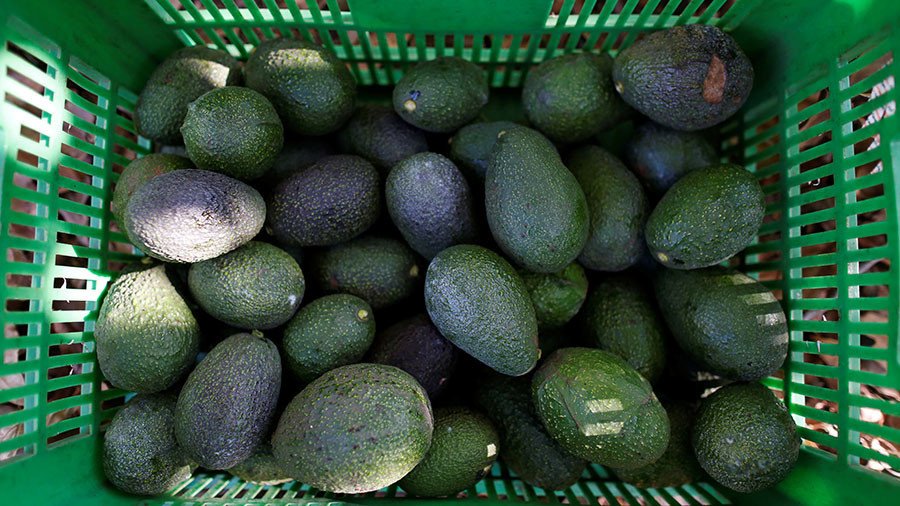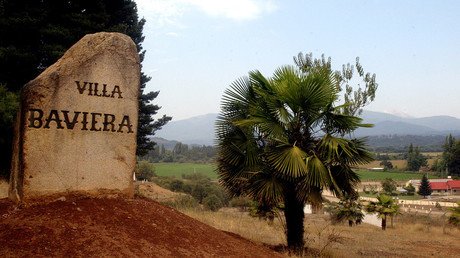Chilean villagers suffer water shortages because of Europeans’ love for avocado

Locals don’t benefit from avocado business in Chile; a peasant in Petorca doesn't have water to irrigate plants, raise animals; the river is dry and life is unbearable, Alexander Panez Pinto, Modatima, told RT.
Villagers in Chile are locked in a fight for clean water, claiming farms supplying UK supermarkets with avocados are depleting local supplies. Petorca province is the country's top producer of avocado and villagers there accuse agricultural companies of illegally destroying water reserves with rivers in the region drying up and people now forced to rely on trucks carrying contaminated water for supplies because avocado farming requires massive water use.
Alexander Panez Pinto from the environmental group Modatima, which raised concerns long before the issue hit Western headlines, says there have been water shortages for years now.
“Avocado is just the evident part,” he explained. “Chile has the most radical experience of the water privatization in the world: not only the water management is private but the resource itself is established by private water rights.”
According to Pinto, “there is water market in the country where you can buy and you can sell water as any other commodity.”
“The state in this situation has a low capacity of regulation…The private water right is the main goal of this system,” he told RT.
According to the environmental activist, the current situation has its roots in the 80s, when Chilean dictator Augusto Pinochet’s government started a strategy of promoting the exportation of “attractive” products from the country.
“Avocado was one of them, so many… businesses started to look for cheap land and water rights to begin with the plantation of avocado,” Pinto said.
Petorca province eventually became Chile’s the largest avocado producing region. Pinto, citing the official data, says that about 60 percent of the region’s territory is used for avocado cultivation.
Local people started to feel the lack of water back in 2000, Pitno said.
“What is worse in this situation, the lack of water makes some agribusinesses start to build illegal pipes and wells to divert water,” Panez Pinto pointed out.
In his view, “we have a perfect storm that is created by the expansion of these plantations, the stealing of water and the decrease of the rainforest the last decade. The result is the serious drought that changes social, economic and environmental reality of the region.”
He claimed that life has become unbearable in Petorca: “If you are a peasant, you don't have enough water to irrigate your plants and to raise your animals. And the river doesn't exist anymore, it is dried for more than 10 years, has become a garbage dump. People swam in the river, now you have nothing of that.”
EU avocado exports are rising fast and grew by about €120 million in sales between 2015 and 2017.
However, it’s not the poor people in Petorca who benefit, Pinto says.
“The exportation is increasing because the price of avocado is convenient for the agro-business,” he said.
Others who benefit are the buyers of avocado in Europe, the US, in China and, also, companies who supply water to the Chilean villagers. Panez Pinto says “the government has invested more than €126 million in the last six years for water supply by trucks.”
















